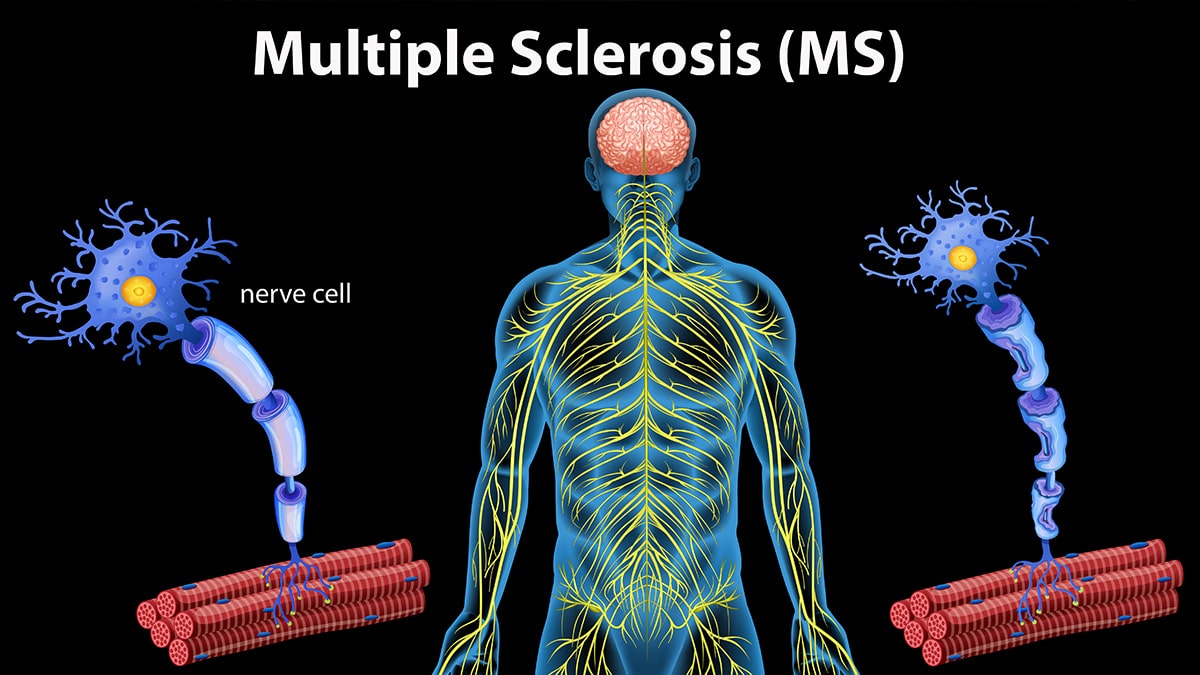Understanding Multiple Sclerosis
Introduction
Multiple Sclerosis is a chronic disease that affects the central nervous system. It can cause a wide range of symptoms and challenges for those diagnosed with it. In this guide, we will explore the key aspects of Multiple Sclerosis, including its symptoms, management, and frequently asked questions.
Benefits of Understanding Multiple Sclerosis
By learning more about Multiple Sclerosis, individuals can better navigate their diagnosis, treatment options, and lifestyle adjustments. Understanding the disease can also help in improving communication with healthcare providers and loved ones, leading to a more comprehensive support system.
Detailed Explanation of Multiple Sclerosis
Multiple Sclerosis is a condition in which the immune system attacks the protective covering of nerves called myelin. This results in communication problems between the brain and the rest of the body. As a result, individuals with Multiple Sclerosis may experience a range of symptoms such as fatigue, difficulty walking, numbness or weakness in limbs, vision problems, and cognitive issues.
Frequently Asked Questions about Multiple Sclerosis
1. What are the common symptoms of Multiple Sclerosis?
Common symptoms of Multiple Sclerosis include fatigue, difficulty walking, numbness or weakness in limbs, vision problems, and cognitive issues.
2. How is Multiple Sclerosis diagnosed?
Multiple Sclerosis is diagnosed through a combination of medical history, neurological exams, imaging tests like MRI, and spinal fluid analysis.
3. What are the treatment options for Multiple Sclerosis?
Treatment for Multiple Sclerosis focuses on managing symptoms, slowing disease progression, and improving quality of life. This may include medication, physical therapy, lifestyle modifications, and in some cases, surgery.
4. Can lifestyle changes help in managing Multiple Sclerosis?
Yes, adopting a healthy lifestyle that includes regular exercise, a balanced diet, stress management, and adequate rest can help in managing symptoms and improving overall well-being for individuals with Multiple Sclerosis.
5. What resources are available for individuals with Multiple Sclerosis?
There are various resources available for individuals with Multiple Sclerosis, including support groups, educational materials, online forums, and advocacy organizations. These can provide valuable information, emotional support, and community for those living with the disease.
Conclusion
Multiple Sclerosis is a complex condition that requires a multi-faceted approach to management. By understanding the symptoms, diagnosis process, treatment options, and lifestyle considerations, individuals with Multiple Sclerosis can take control of their health and well-being. It is essential to work closely with healthcare providers and utilize available resources to navigate the challenges of living with Multiple Sclerosis.

